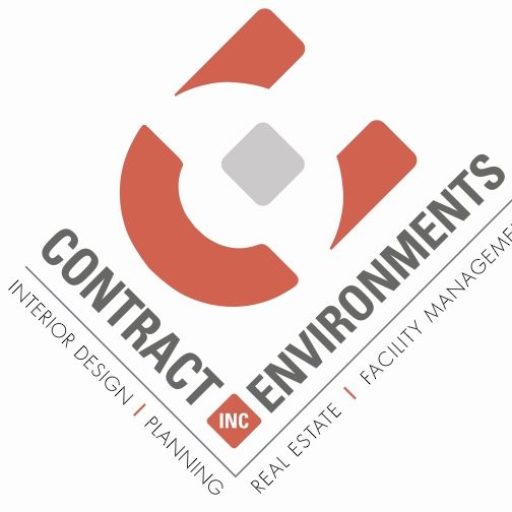Acoustical Privacy – what’s that mean?
Lately we’ve been asking our clients, not just about their space needs and storage, but acoustical privacy needs. But what exactly are we asking?
No cubical or wall partition systems, or even drywall constructed wall, will insulate your voice entirely from your neighbor if you want to be heard. But what about when you don’t want to be heard? The use of wall partitions and tall cubicles have many advantages for the workplace: they provide a sense of private, individual space. They are easier to relocate and renovate as teams needs change when compared to drywall. Some versions can include electrical and other utility disciplines into their framework thereby speeding up the construction timeline and getting you moved in faster. Finally they can be very cost effective compared to traditional drywall construction when handled correctly. These are reasons for their use and why many of our clients are considering them as a solution in their workplaces. But what most wall systems will not provide is the same level of acoustical privacy that you might except when isolated in your own “room” as you might expect from drywall construction. These systems don’t usually provide isolation from other noises and voices as you might expect.
Complete and total acoustical isolation (think soundproof booths used for recording artists) is a more costly process than traditional drywall construction. There are tricks to minimize it; such as sound masking as described in this Facilitiesnet article.
Sound masking is a tool that can be used after your walls are built to control noise. Simply put, rather than trying to remove all noise, sound masking systems provide a little extra background noise, so that the level of noise need to become audible is higher. These systems can be concealed in a ceiling and added after the fact, making them a potential solution in existing spaces where construction solutions aren’t an option.
